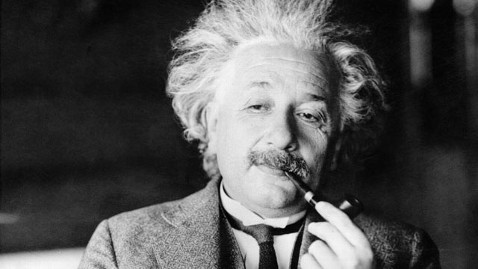Particles faster than light: Revolution or mistake?
By Brian Vastag

In science, revolutions take time. Eureka moments can stretch into noggin-scratching years. And so, the day after news broke of a possible revolution in physics — particles moving faster than light, violating Einstein’s ultimate speed limit — a scientist leading the European experiment that made the discovery calmly explained it to a standing-room-only crowd at CERN, the giant particle accelerator straddling the Swiss-French border. The physicist, Dario Auterio, made no sweeping claims. He did not try to explain what the results might mean for the laws of physics, let alone the broader world. After an hour of technical talk, he simply said, “Therefore we present to you today this discrepancy, this anomaly.” But what an anomaly it may be. From 2009 through 2011, the massive OPERA detector buried in a mountain in Gran Sasso, Italy, recorded particles called neutrinos generated at CERN arriving a smidge too soon, faster than light can move in a vacuum. If the finding is confirmed by further experiments, it would throw more than a century of physics into chaos.
